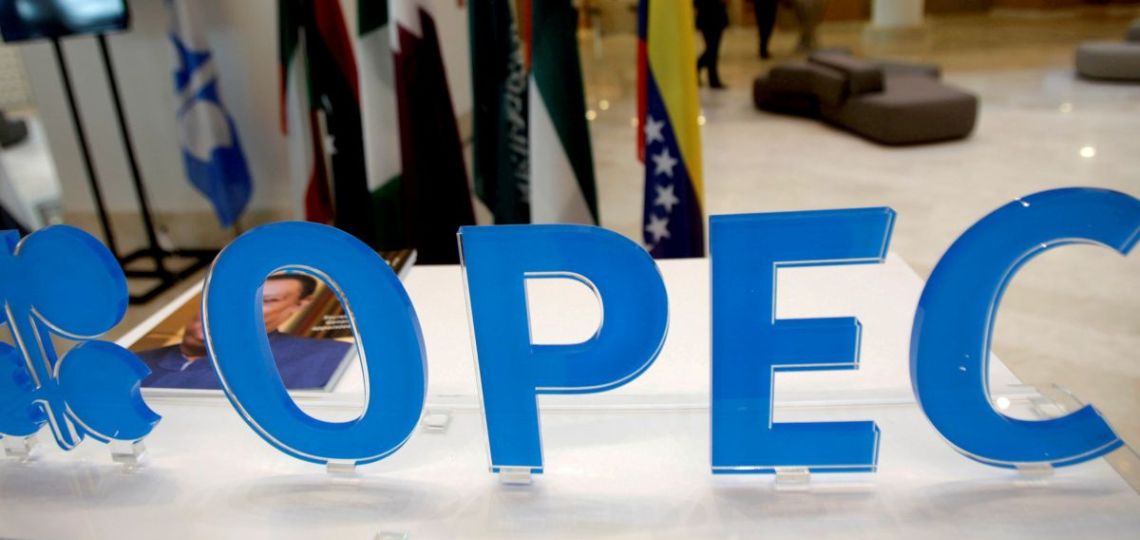Crude oil prices briefly fell back below $70 a barrel on Wednesday for the first time since the Opec+ production cuts, which has failed to bring them back up sustainably.
One of the leaders of the group of exporting countries, Russian Deputy Prime Minister in charge of Energy Alexander Novak, reacted promptly by indicating that he was “watching” the market. Around 17:30 GMT (19:35 in Paris), the barrel of West Texas Intermediate (WTI), for delivery in June, gave up 4.02%, at 68.78 dollars, after having deviated more than 5%. Its European equivalent, a barrel of Brent North Sea for delivery in July, lost 3.66% to 72.56 dollars. Since Friday’s close, Brent crude has lost nearly 10% and WTI has plunged 11.50%.
The two global crude benchmarks have thus largely lost their gains linked to voluntary production cuts by some members of the Organization of the Petroleum Exporting Countries and their allies (Opec+). In March, they had fallen to as low as nearly $64 a barrel. The current price slump may frustrate the cartel “so soon after” the announcement of “their production cuts”, argues Craig Erlam, analyst for Oanda.
While member countries have denied being price-driven in the past, for the analyst, “this is not entirely true. The cuts, announced at the beginning of April and effective from May until the end of 2023, had indeed been interpreted by many analysts as a desire by the alliance to defend a low limit of 80 dollars a barrel of Brent. “We will monitor the market. We will monitor the situation,” Alexander Novak said, according to Russian news agencies. “We need to understand the reasons, the outlook. How will it evolve?” he said of the price situation, which may only fall in the “short term.” “Will the group be tempted to call an emergency meeting or will they wait to see how the situation develops?” asks Erlam.
According to the analyst, further intervention by the group of exporting countries would likely deter investors from selling as they would know that the cartel is likely to intervene again.
Fears of recession persist
Even the drop in U.S. commercial crude oil reserves did not allow prices to recover, as anxiety about the health of U.S. regional banks and broader recession fears prevailed. Authorities and banking industry players were hoping that JPMorgan’s takeover of First Republic on Monday would, at least temporarily, signal an end to the turmoil in the financial world, but the regional banks remain under pressure on Wall Street.
“Concerns about the U.S. banking sector have resurfaced in the wake of the second-largest U.S. bank failure since the 2008 crisis,” says PVM Energy analyst Stephen Brennock. “Regional bank actions have been challenged due to contagion fears.”
At the same time, the market expects the U.S. Federal Reserve (Fed) to hike by a quarter of a percentage point on Wednesday after its monetary policy meeting to counter inflation. Tighter monetary policy could weigh on the world’s largest economy by increasing the cost of credit for households and businesses. This will increase the risk of a recession, and therefore a drop in demand for oil. “If there is one global asset that can be said to be particularly sensitive to recession fears, it is oil,” says Jameel Ahmad, an analyst at CompareBroker.io.






